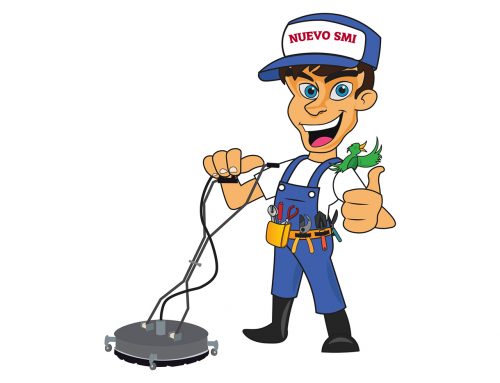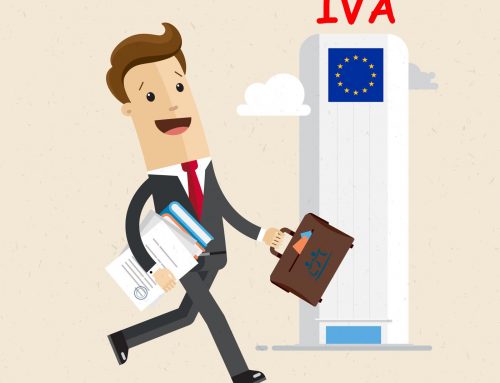Whether it is a directed, semi-directed or more impromptu interview, there are several questions that are often routinely formulated and provide relevant information for decision-making. Here are some of them:Tell me about yourselfIt usually begins with this question. It is a way to review the CV in minutes and check the ease of the candidate when faced with open questions.What are the reasons for the change of the job?It is important to assess the motivations regarding whether the position offered suits the candidate’s profile and meets the employer’s expectations. If not so, it should be clarified quickly.Tell me about your responsibilities in the current / previous position?It is important to know the position that the interviewee holds/held in the organization of the company, who he reported to, what responsibilities he delegated. All of these are learned skills that could be applied to the new post.Does/Did the interviewee have a personal under them?To evaluate the experience for managing and organizing teams some questions should be made regarding their competence. What problems have arisen for them when dealing with a team? How they dealt with the problema?What does the interviewee think his/her colleagues’ opinion about him/her is?The interviewer wants to discover what opinion the candidate has of himself in the company.Do you regularly attend training seminars on professional training? Give an example.To find out if the candidate is interested in professional improvement.Why do you want to work for this company?It is find out what the candidate knows about the company that he has selected and how he thinks he can fit into it.What sort of salary does the interviewee want?Although ads are usually very specific in this regard one must confirm what the actual expectations of the candidate are, especially if we have confirmed that a major reason for the change is a salary increase.Is the person used to working in a team?The answer is usually positive but always in conversation the relationship of the candidate with other colleagues usually arises. Ask for concrete examples.Where does the interviewee see himself working in the next five or ten years is?It is a way to evaluate the expectations of permanence in the company.What are its main shortcomings?This is an exercise to assess the sincerity of the candidate. Tell me about any conflicts with coworkers experienced in your former company.We continue to value honesty.Tell me about a situation experienced conflict with a client and how it ended.We continue to value the sincerity and the ability of the candidate in their relationship with customers.Rate the strong and weak points of their previous employers.An analysis of the candidates vision of the hierarchical structure.How do you respond to work under pressure?This point is important to contrast with the results of psychological tests to reach a conclusion.Do you have any questions we can resolve?At this point we can often confirm any doubts the candidate may have about the job.








Leave A Comment